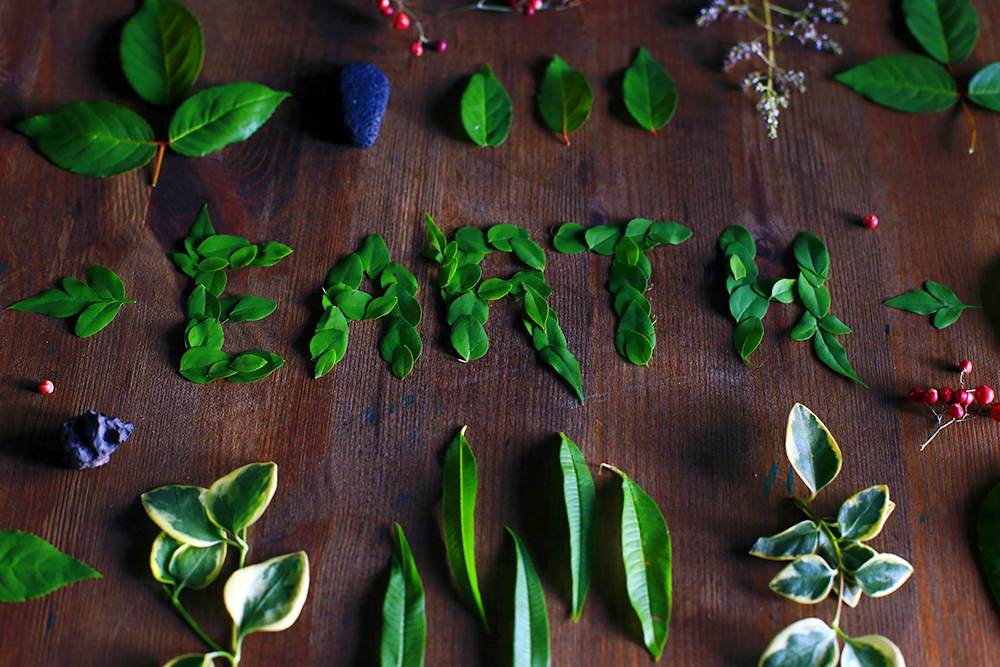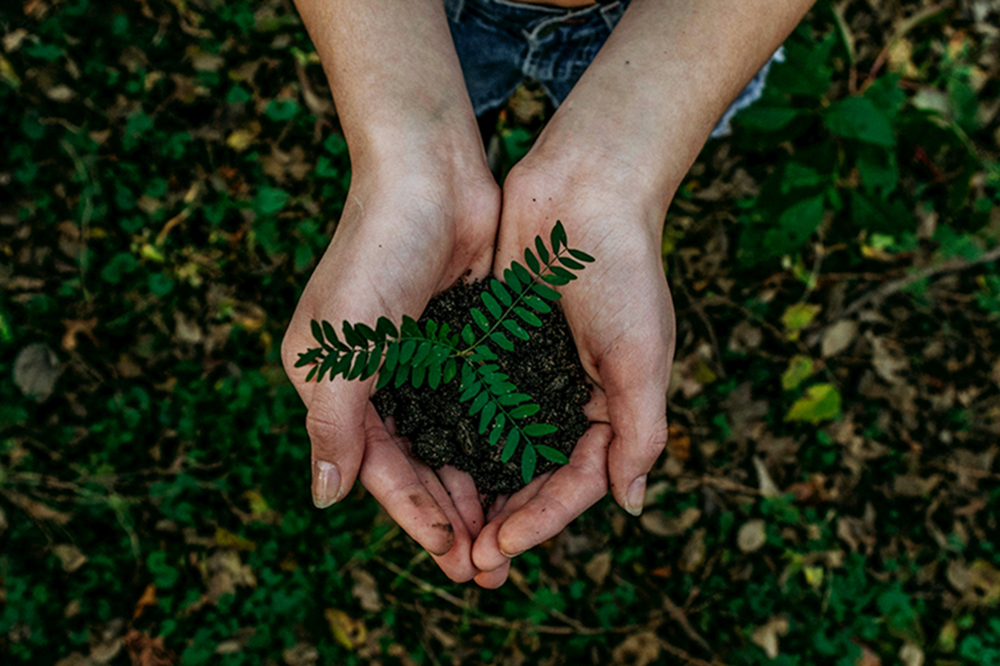
(Unsplash/Miriam Espacio)
For me, the Season of Creation contains a lot of surprises.
The first: why it's observed in the days closest to autumn (in the northern hemisphere), when this half of the planet is in the process of moving toward dormancy.
But, then, as I thought about it, the southern hemisphere is in the throes of spring at the same time, so we just need to remember that this planet has different cycles of seasons.
Second: the Season of Creation is not necessarily a recent development. As EarthBeat's Brian Roewe wrote in 2020, "Orthodox Christians have been marking the Season of Creation for decades. It started in 1989, when Ecumenical Patriarch Dimitrios I proclaimed Sept. 1 a day of prayer for the environment." That day coincides with the beginning of the Eastern Orthodox liturgical year (like Advent does for Roman Catholics). The World Council of Churches later expanded the idea to span 34 days, concluding on Oct. 4, the feast of St. Francis of Assisi who, as patron saint of ecology, transcends the boundaries of specific religious institutions.
Advertisement
Pope Francis recognized the importance of this concept, encouraging Catholics to join in the celebration of Sept. 1, the World Day of Prayer for the Care of Creation, in 2015 — not to mention the publication of his encyclical Laudato Si' that same year.
My third surprise: the Season of Creation has grown beyond being an ecumenical observance to encompass people of every faith, even no faith — of every language, and hundreds of countries — given the increasing awareness of the climate change crisis and the need for action to reverse the damage to our common home.
I witnessed this firsthand while participating in the Laudato Si' Animators training in April and May, with others from every corner of the globe joining the Zoom gatherings to share their stories and concerns. Also, the English sessions for the Joint Diploma in Integral Ecology, sponsored by the Pontifical Universities in Rome, had over 600 people enrolled in the course, with dozens of experts imparting their insights and wisdom so we could all heighten our awareness of the catastrophic situation facing this and future generations, and resolve to be part of the solution.
Closer to home, Benedictine, Franciscan, Dominican, Ursuline and many other religious communities have established JPIC (Justice, Peace and Integrity of Creation) committees, because what's happening with creation is a matter of justice, since those on the margins of society are most harmed by the alterations to the environment — like the dangerously high temperatures, storms, wildfires and other weather anomalies that caused so many deaths this year. Also, the world cannot experience true peace unless we all work together to achieve a positive outcome in this quest to preserve and nurture all life, from the smallest insect to the mightiest whale.

(Unsplash/Noah Buscher)
The fourth surprise about the Season of Creation: how — after centuries where the church ignored or even persecuted those who shared advancements in scientific thought — Pope Francis is lauding the work of those who study the connections between humanity and the environment. Today, terms like "eco-spirituality" and "integral ecology" are frequently used to describe the efforts of retreat centers, universities and other faith-based entities to offer programming that educates those curious about the state of the world and its relationship with the divine.
As someone who has worked in communications for many years, striving to share positive messages that will bring people together through love and respect, I continue to learn something new each and every day: including the need for each of us to show love and respect toward all God's creation.
With each year's celebration of the Season of Creation — whether prayer services, river clean-ups, conferences or protests against the decimation of our natural resources — may we continue to learn more, and do more, to sustain our common home.







